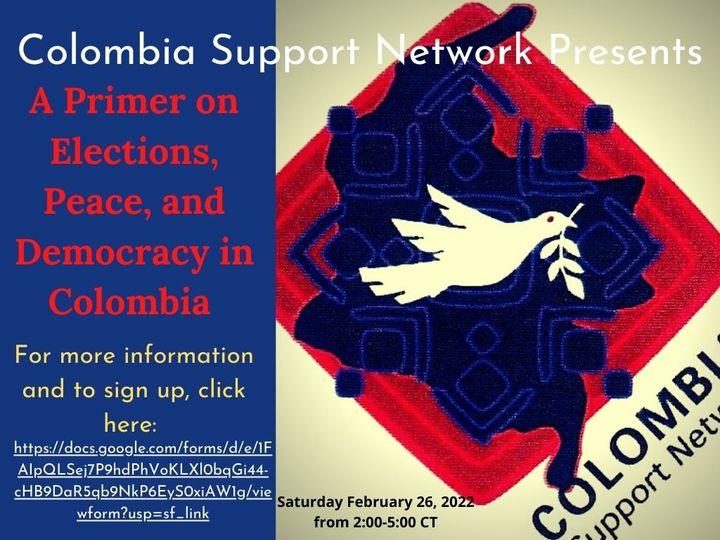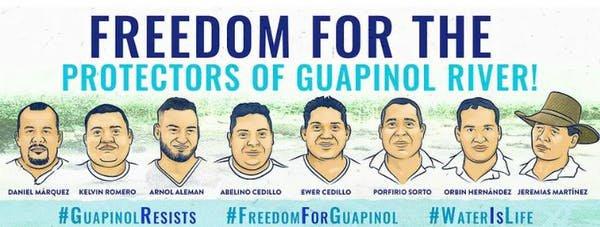We are taught the narrative in the United States that security must be enforced through might. Weapons, and specifically guns, are marketed to us with the promise that they will bring security. During the pandemic, gun sales and gun violence have soared. But the truth is that our security lies in Jesus Christ; weapons as security is merely a myth--a profitable myth--that brings about more violence. The US intentionally exports these weapons of violence to other countries for gain, further practicing and perpetuating militarism even without waging war. This use of and profit from weapons is only one expression of militarism. As people of God, we are called to love one another. Jesus Christ, the Prince of Peace, calls us to live in community with love, justice and mutual understanding. How can we do this with a culture of guns and militarism that harms people in the US and our siblings in other countries? This webinar will explore the tension between faith and security, and our relationships with each other on personal, local and international levels as they relate to guns, weapons, and militarism. We’ll also suggest what Presbyterians can do to unmask the false narrative of “security through might” and take action for true peace.


